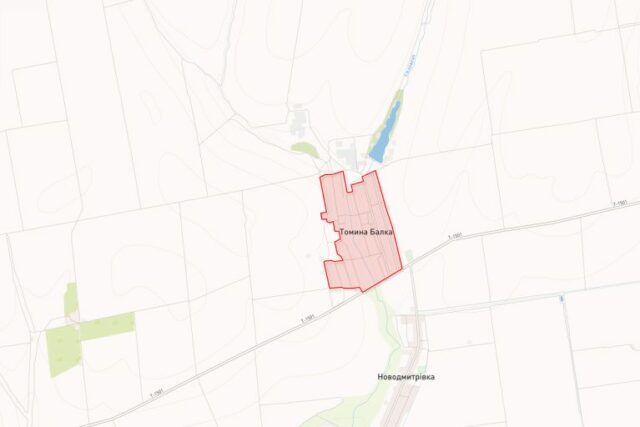Tomina Balka: A Life Forever Changed by Conflict
Tomina Balka’s story is a poignant reminder of the human cost of war. Caught in the chaos of the Russian military invasion, she faced a nightmare that many can only read about in the news. Her husband, a 71-year-old pensioner, found himself under fire, his life hanging in the balance. Thanks to the quick thinking of local authorities and the power of technology, he received critical medical assistance via Telegram messages, showcasing how communities can rally even in the darkest of times.
However, the physical injuries he sustained—such as a concussion, spinal bruising, and a skull injury—are just the beginning of their struggle. Beyond the injuries, the emotional scars they both bear are profound. Research indicates that individuals in conflict zones often experience long-term psychological effects, with studies showing up to 30% of those affected developing PTSD. This statistic underlines the urgent need for trauma-informed care in war-torn areas.
Destruction and Loss in the Kherson Region
The destruction wreaked by the ongoing conflict is staggering. In the Kherson region alone, over 23,000 properties have been reported damaged or destroyed due to relentless shelling. This statistic paints a grim picture of the reality faced by countless families like Tomina’s. Imagine coming home to find your sanctuary reduced to rubble—your memories and belongings scattered and lost. These losses are not just physical; they also symbolize a loss of stability, safety, and hope.
- Economic Impact: The impact on local economies is devastating, with small businesses forced to close, leading to job losses that exacerbate an already dire situation.
- Community Resilience: Yet, amidst the rubble, stories of resilience emerge. Local volunteers often step up to support those in need, offering food, shelter, and emotional support.
- Psychological Support Initiatives: Organizations like the Ukrainian Red Cross are working tirelessly to provide psychological support services, helping individuals process trauma and rebuild their lives.
When discussing the plight of those affected by conflict, it’s essential to remember that behind every statistic is a human story. Experts argue that incorporating psychological recovery alongside physical rebuilding—through community programs, international aid, and local initiatives—is crucial for fostering resilience and recovery.
These insights shed light on the complexity of life in conflict zones. While the physical infrastructure can be rebuilt, the emotional and psychological well-being of survivors must remain a priority. Through awareness and collective action, we can support resilience in the face of adversity, ensuring that stories like Tomina’s lead to not only recognition but also meaningful change.
In sharing Tomina Balka’s experience, we open a dialogue about empathy, support, and the human spirit’s unyielding ability to endure. Let’s engage in this conversation and work together to bring about positive change for those affected by such devastating conflicts.






